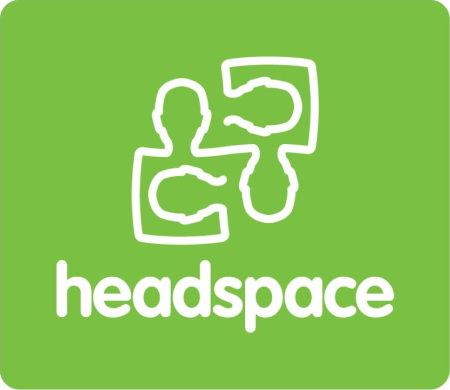
Support for young people

When you’ve got a lot going on—studies, work, family, relationships—it can be hard to balance it all and find time to take care of yourself. Looking after your mental health and wellbeing will help you manage day-to-day challenges, think more positively, and live life to the fullest.
It's also important to recognise when you are going through something particularly difficult. Remember that it’s okay to not be okay, and you can ask for help when you need it.

Are you aged 11 or under?
When you’re feeling sad, scared or worried, you may not know where to go for help. We can help you to find out what’s going on or find someone to talk to.
Understanding your mental health and wellbeing
“Mental health and wellbeing” is a broad way of describing how you think and feel about yourself and the world around you. It includes your mood, emotions or feelings, and confidence or self-esteem. It affects nearly everything we do—from how we interact with others to how we see ourselves.
It’s important to understand that this can change from day to day, and many things can affect how you’re feeling. For example, if you’re feeling stressed about your studies, it may affect how you feel about yourself or the future. It may also change how you interact with people close to you.
There are many things you can do to stay on top of your mental health and wellbeing. It may not feel important right now, or you may feel like it’s too hard to work on. But taking steps now and understanding how it all works can help you to cope with current challenges and better prepare for future ones.
What is mental health and how can I improve it?
This video from headspace discusses what mental health can mean to different people, how we all experience challenges differently, and ways to improve your wellbeing.
For information and support tailored to young people, try one of the following providers.

ReachOut is a safe place where young people can openly express themselves. Anonymous and confidential, they help young people and their parents with tips and tools to manage their challenges.

headspace provides assessment, early intervention, and treatment services to 12-25-year-olds as well as support for work and study. They also provide support via headspace centres across the country and online support through their website.
Talking to someone about your mental health
When you are going through a hard time, it’s natural to want to try and solve everything on your own. The idea of talking to someone about it can feel scary or embarrassing. You may not want to admit you need help, or you may be worried about what people will think of you.
You’re not alone, and it's okay to reach out for help. We all need help at different times. It doesn’t mean you are weak or have failed; in fact, being able to express how you’re feeling is a great skill to have. People who care about you want to understand what you’re going through and will want to help. Asking for support from a family member, friend, or anyone you trust is a great first step.

Not sure who to talk to? A professional can help.
If you, or someone else, is in immediate danger, call 000.
If you need support now, you can contact Kids Helpline for free, private help:
- Call 1800 55 1800 – available 24/7
- Chat online – available 24/7
If it’s not an emergency, headspace can also help with qualified professionals ready to help:
- Call 1800 650 890 – available Mon-Sun, 9am-1am AEST
- Chat online – available Mon-Sun, 9am-1am AEST
- Visit a headspace centre – available across Australia
What do you need help with?
If you’re looking for help with a specific topic, Head to Health can help connect you with trusted services for information and support. Select a topic below to explore your options.













